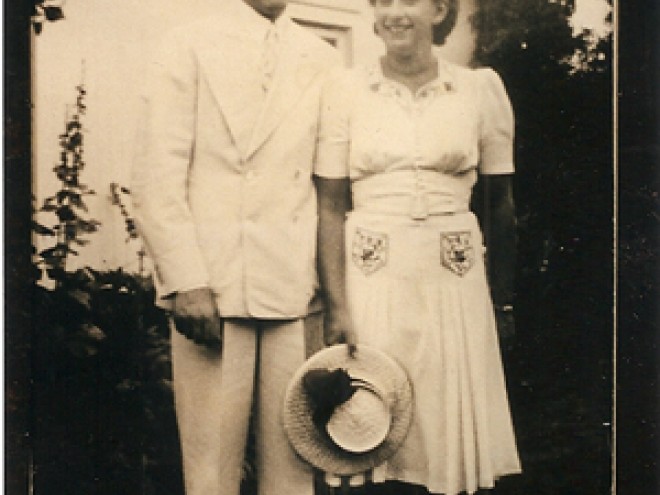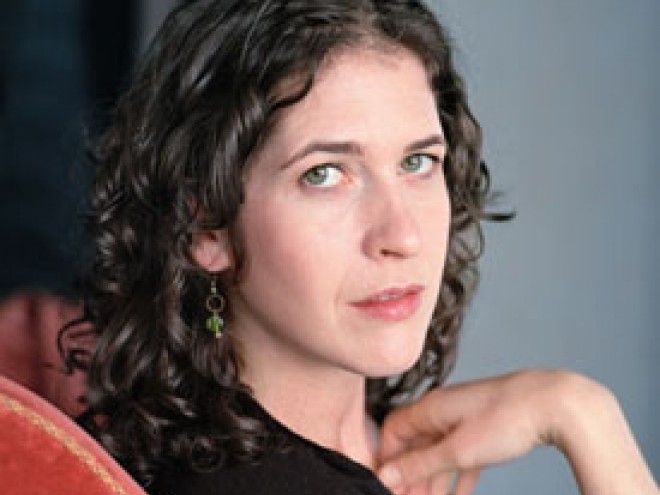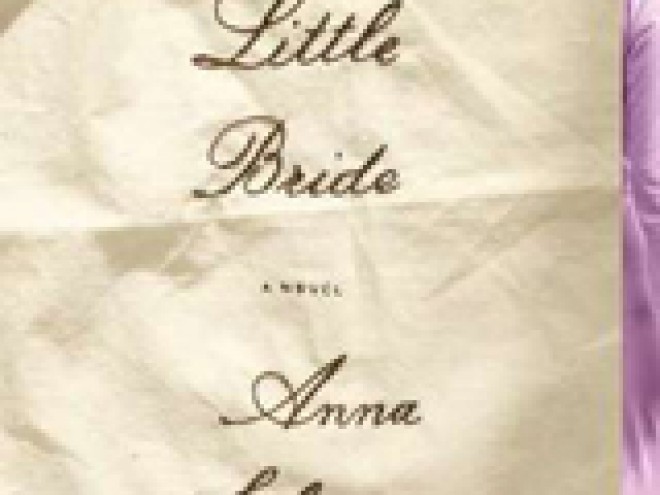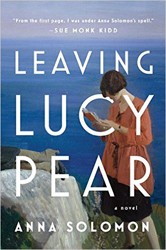It is the late 1800’s in Odessa and South Dakota, and sixteen-year-old Minna Losk decides to change her bleak life by going to America as a mail order bride. Minna has lost both her parents, and her work as a servant barely sustains her. She dreams of a life of comfort with a good husband in America.
First she undergoes the “Look” by a Russian agency in order to be approved as a bride. After a rough ocean crossing, she is met by Jacob, her stepson-to-be, who chaperones her on the exhausting long ride to South Dakota. There she meets Max, her future husband, and Samuel, his oldest son; barely surviving in a mud hut in the middle of nowhere where all the eye can see is grass. Max has rejected help from a wealthy patron who sustains the Am Olam community of new Jewish immigrant farmers. He prefers to maintain his Orthodox observance alone rather than assimilate with the other immigrants. Minna had not expected stepsons nor a harder life than she had left behind. She is a loner who craves family, an outsider who needs direction, so she attempts to adapt to this new reality. The author vividly describes the harsh seasons in the countryside and Minna’s evolving relationships with the other characters.
Miriam Bradman Abrahams, mom, grandmom, avid reader, sometime writer, born in Havana, raised in Brooklyn, residing in Long Beach on Long Island. Longtime former One Region One Book chair and JBC liaison for Nassau Hadassah, currently presenting Incident at San Miguel with author AJ Sidransky who wrote the historical fiction based on her Cuban Jewish refugee family’s experiences during the revolution. Fluent in Spanish and Hebrew, certified hatha yoga instructor.





